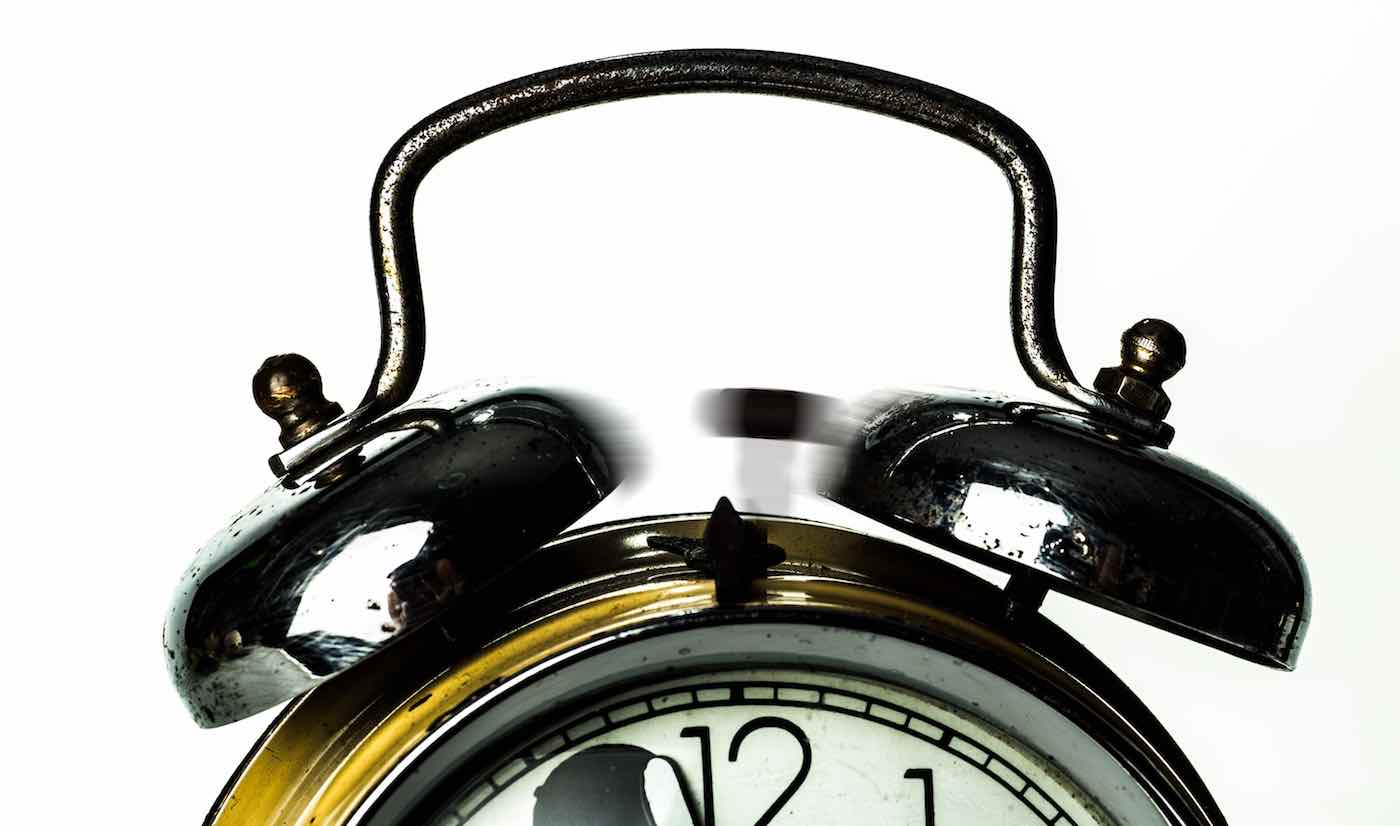The early bird may get the worm, but a new poll suggests that ‘larks’ have a lot more in common than that.
A look into the sleep habits of 2,000 Americans revealed some interesting differences between those who stay up late and those who rise early—from their personality traits to their hobbies, and even their beliefs.
The survey, which was conducted by OnePoll on behalf of Sleepopolis in advance of World Sleep Day on March 15th, questioned an equal number of participants who were self-described as either early birds and night owls.
The survey found that the morning larks, on average, are energetic and confident, enjoy cooking, and, surprisingly, arrive late for work more often than others!
In contrast to their morning counterparts, night owls were shown to be more shy and sarcastic. They were also found to be more likely to use Instagram and to believe in ghosts.
RELATED: Want to Stop Eating Junk Food? New Research Says You Should Get More Sleep
Further research showed that night owls are more likely to be single, whereas early birds believed in love at first sight, and were more likely to be married and have children living in the house. This may be because early birds were also more likely to have tried online dating.
Early birds were found to earn more money and be more likely to work in an office (albeit showing up late).
Additionally, early birds were 10% more likely to identify as “happy”, while night owls identified more strongly as “loyal”.
Those who consider themselves early birds were found to have more active hobbies. In contrast to being more likely to enjoy walking, hiking, playing sports, and exercising in a gym, hobbies for night owls, such as reading and sleeping, were more laid-back.
MORE: Put These 5 Plants In Your Bedroom Window for a Better Night’s Sleep
There wasn’t a major difference in the amount of sleep people received – an average of six hours a night for night owls and seven hours for early birds – but the survey did find some interesting differences in how we sleep.
Early birds were more likely to be light sleepers and always feel well-rested in the morning. They were more likely to identify as clean and organized, and it shows—early birds were more likely to make their bed in the morning than night owls. They were also more likely to dream, and to always remember their dreams upon waking.
Night owls were more likely to have trouble falling asleep, and then perhaps unsurprisingly, were less likely to report high-quality sleep.
MORE: Trouble Waking Up? Camping Could Set Your Clock Straight
Early-risers were more likely to talk, snore and move around in their sleep, and were also more likely to prefer sleeping with music on or a window open.
On the other hand, night owls were more likely to prefer having a fan on, and enjoyed sleeping with a pet or a significant other in the bed with them.
11 Traits of Early Birds
- Sleep seven hours a night
- More likely to be married
- Average income: $42 thousand – $4,000 more than night owls
- More likely to work in an office and always be late for work
- More likely to use Facebook
- More likely to have high-quality sleep
- Describe themselves as clean, confident, energetic, friendly, happy, organized and sociable
- Hobbies include cooking, walking/hiking, playing sports and exercising at the gym
- More likely to believe in love at first sight and have tried online dating
- More likely to talk, snore and move around in their sleep
- Wake up at 6:15 a.m.
11 Traits of Night Owls
- Sleep six hours a night
- Have sex twice a week; more likely to be single
- Average income: $38 thousand – $4,000 less than early birds
- Less likely to work in an office
- More likely to use Instagram
- More likely to have trouble falling asleep
- Describe themselves as perfectionists, sarcastic and shy
- Hobbies include reading and sleeping
- More likely to believe in ghosts and cryptids (Bigfoot, Loch Ness Monster, etc.)
- More likely to prefer sleeping with pets on the bed
- Go to bed at 2:55 a.m.
Don’t Sleep On This Story: Compare The Research to Your Friends On Social Media…





















American culture is biased in favor of extroversion and early rising. However, genetic studies have shown that late rising chronotypes as well as introverts are a natural part of about 33% of the human race.
I recommend the books The Power of When and The Power of Introverts for anyone who feels guilty for being either a night owl or introvert. Asian cultures for example, respect introversion as a sign of wisdom and many of the most creative entrepreneurs are night owls.